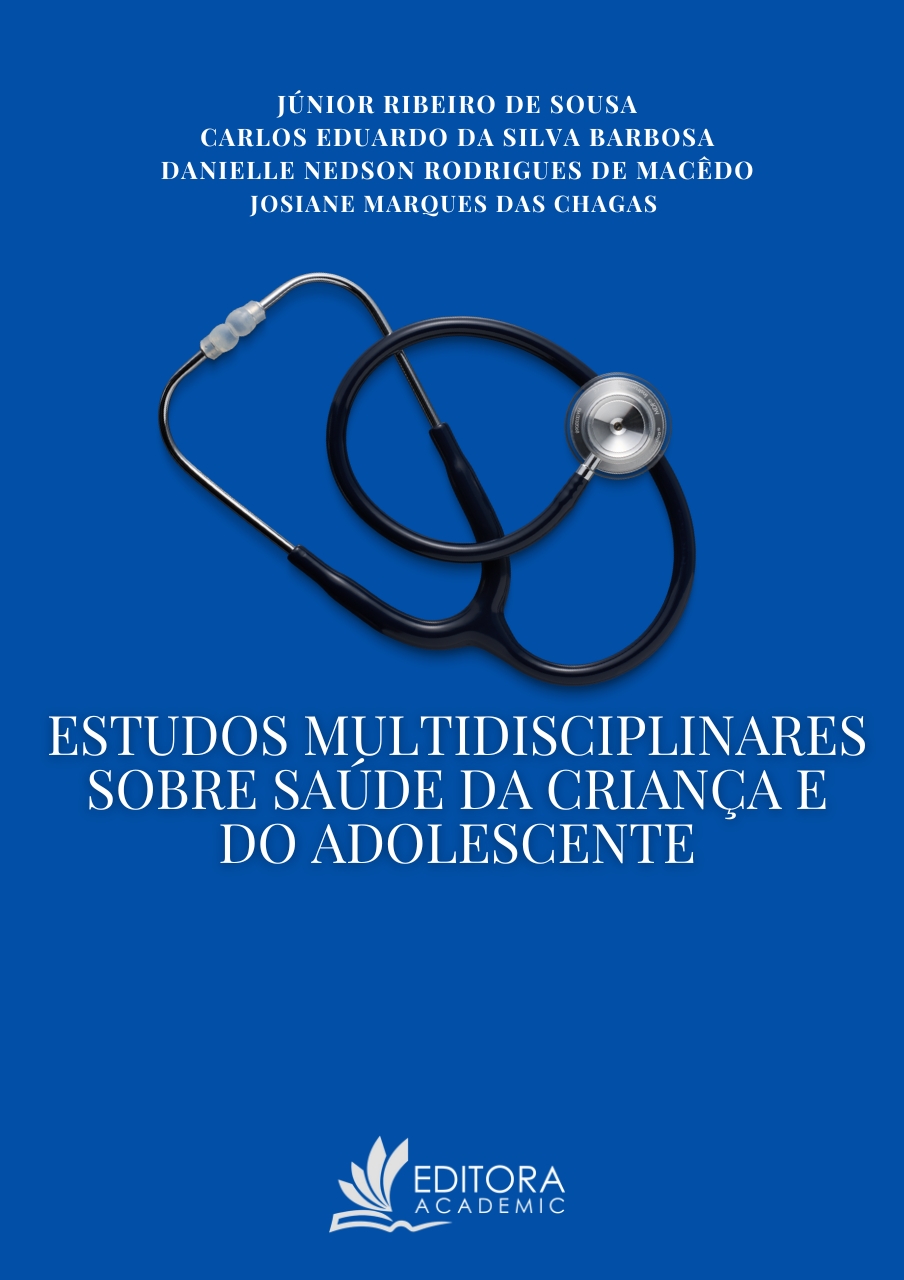
Objetivo: Elucidar os principais benefícios do aleitamento materno para o lactente e a puérpera, bem como sua importância para o desenvolvimento do recém-nascido. Metodologia: Trata-se de uma revisão sistemática da literatura descritiva. Resultados e Discussão: A amamentação, além de promover saúde, é uma estratégia natural de vínculo, afeto e nutrição para a criança. O leite materno é composto por vários nutrientes que ajudam a fornecer nutrição de alta qualidade para a criança. Os principais benefícios para o bebê são: melhor desenvolvimento intelectual, prevenção contra obesidade, doenças cardíacas, infecções e alergias. A mortalidade causada por doenças como diarréia, otite média, infecções neonatais, doenças respiratórias agudas é reduzida consideravelmente. Estudos científicos também mostram benefícios para as puérperas, como: redução da hemorragia pós-parto e da prevalência de câncer de mama e ovário, emagrecimento mais rápido e fraturas ósseas por osteoporose, além de evitar uma nova gravidez. Considerações Finais: Conforme exposto, o leite materno é a melhor opção alimentar para crianças de seis meses a dois anos. A amamentação é muito mais do que apenas alimentar a criança, é um processo que envolve a interação entre a mãe e o bebé, que tem impacto no estado nutricional da criança, nos seus sistemas imunitário, cognitivo e emocional.